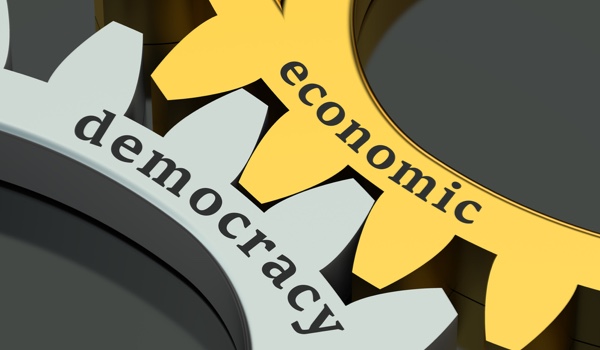


SAO PAULO -Defining patients’ data ownership and effective control over their data will change the dynamics of and transform the healthcare ecosystem. Nearly everyone has had to deal with the experience of going to the doctor and having to bring a pile of exams in films and papers or having to access different platforms to obtain one’s medical history, even while knowing it will be incomplete or very hard to make sense of all the information.
The reality when it comes to healthcare data is of a great decentralization of information, with asymmetries between the various actors in the ecosystem, increasing inefficiency, raising costs, and compressing margins at the weakest ends of the chain. Even more than that, patients have no control over their data - neither in terms of managing its use, nor from the point of view of its value. Although there is a lot of value in healthcare data, patients are unable to obtain benefits for every service they receive, or to even generate income from their data due to the challenges of accessing, combining, and making this data available.
In this context, one can begin to envision the emergence of the concept of ‘open health’ as a model with rules and standards focused on increasing security, efficiency, and agility in data-sharing and transactions among institutions, healthcare professionals and any company that participates in a patient's care cycle. Open health is not necessarily the beginning of this revolution, much less the end: It is more like a catalyst for the transformation process that the world is undergoing.
Data ownership and obstacles
In general terms, property refers to anything that is owned by a person or entity, and it is a right that gives its holder the power to use, enjoy and dispose of it, as well as to recover it from whoever unjustly possesses or holds it. When one thinks of own
The content herein is subject to copyright by The Yuan. All rights reserved. The content of the services is owned or licensed to The Yuan. Such content from The Yuan may be shared and reprinted but must clearly identify The Yuan as its original source. Content from a third-party copyright holder identified in the copyright notice contained in such third party’s content appearing in The Yuan must likewise be clearly labeled as such. Continue with Linkedin
Continue with Linkedin
 Continue with Google
Continue with Google










 1359 views
1359 views







